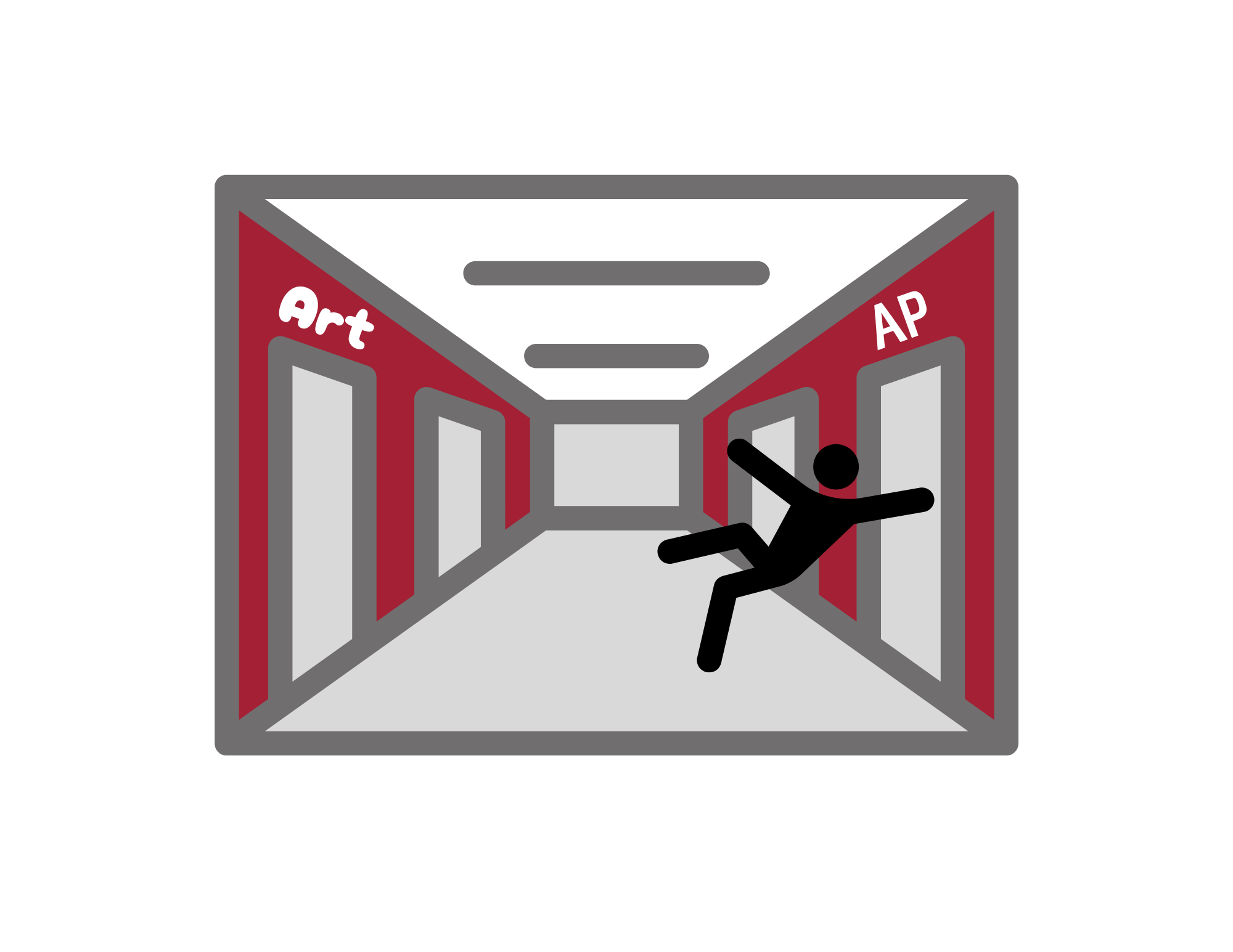The fear of failing is a leading cause for cheating among high school students. Midtown’s unnecessarily competitive grading system fuels unhealthy competition and stress, causing students to cheat in order to appear perfect on paper.
High school is already stressful for most students, but by measuring GPA on a 100-point scale, Midtown only amplifies anxiety. Many colleges and other high schools use the four-point grading scale, where a 93-100 counts as a 4.0, a 90-92 counts as a 3.7, 87-89 is a 3.3 and so on. These more general grading categories reduce the stress that comes from attempts to earn perfect grades.
At most schools, earning a 95 in a class is considered an A, which translates to a 4.0, the highest possible unweighted grade. However, at Midtown, if other students receive 99s or 100s, a 95 could lower your GPA on the 100 point scale. By holding students to a high standard of perfection, Midtown’s policies encourage the unhealthy mindset that the goal of school is to get perfect grades, not to learn material and grow as a student.
At Midtown, when students view their GPA through the Infinite Campus app, it is shown on a 100-point scale. This method of providing GPA unnecessarily stresses and burdens students as it does not align with the scores that students will be submitting to college. Not only is this unproductive as colleges evaluate GPAs on a four-point scale, it also increases pressure on students, which in many cases increases academic dishonesty.
Cheating is not a problem limited to Midtown, as 95% of all students report cheating “in some capacity.” This large amount of cheating can be attributed to the fact that high school students have excessive pressure to be nearly perfect at all times in order to have a competitive GPA. When students become more invested in their grades than their education, academic dishonesty increases and grades less accurately reflect true content mastery.
The 100 point scale first debuted 200 years ago at Harvard. While this system has had some updates, minimal work has been done to upkeep and modernize grading systems, like the 100 point scale. Over the past 200 years, opinions have changed, and the 100-point scale is now seen as “lopsided” and “gamed against the student.” Midtown’s grading system needs to adapt to the current needs of high school students.
Given that colleges use the four-point scale, Midtown should shift to using the same system, presenting the four-point average in Infinite Campus. Currently, Midtown only provides the four-point average on transcripts, which requires access to Parchment, creating an unnecessary barrier to seeing how you will be evaluated by college admissions.
Additionally, only about half of American high schools choose to track class rank, which makes it unnecessary in the college admissions process. Class rank shifts the focus from collaboration to competition between students. Students near the top of the class feel increased pressure to keep up their perfect grades and are constantly pushed to unattainable standards. Other students may feel defeated rather than encouraged to try harder. Instead of celebrating the growth of every student, Midtown’s system increases anxiety and reduces personal satisfaction. The constant competition for a perfect GPA pushes Midtown students apart and creates resentment between students.
High achieving students rely on the GPA boost offered by Midtown’s broad portfolio of AP classes. Midtown also offers a vast selection of art and pathway classes that are very enriching and beneficial for college and career preparation, but don’t give the GPA boost of AP classes. Students trying to improve their class rank may bypass these enriching classes in favor of higher value AP classes that can add more stress and shortcut their holistic education. This means that when students choose to take multiple pathways, even if they also take several AP classes, they can’t be competitive in the class rank system.
According to a study published in the Journal of Student Research, GPA prevented 80% of students from taking classes that they were interested in. If the class rank system were abolished, students would likely feel freer to take a variety of classes, regardless of potential impacts to GPA.
The best way to prioritize student welfare and reduce stress at Midtown is to replace the 100-point scale with a four-point grading scale and abolish the class ranking system. This would benefit students and shift the focus from arbitrary competition to a collaborative environment for learning.

















